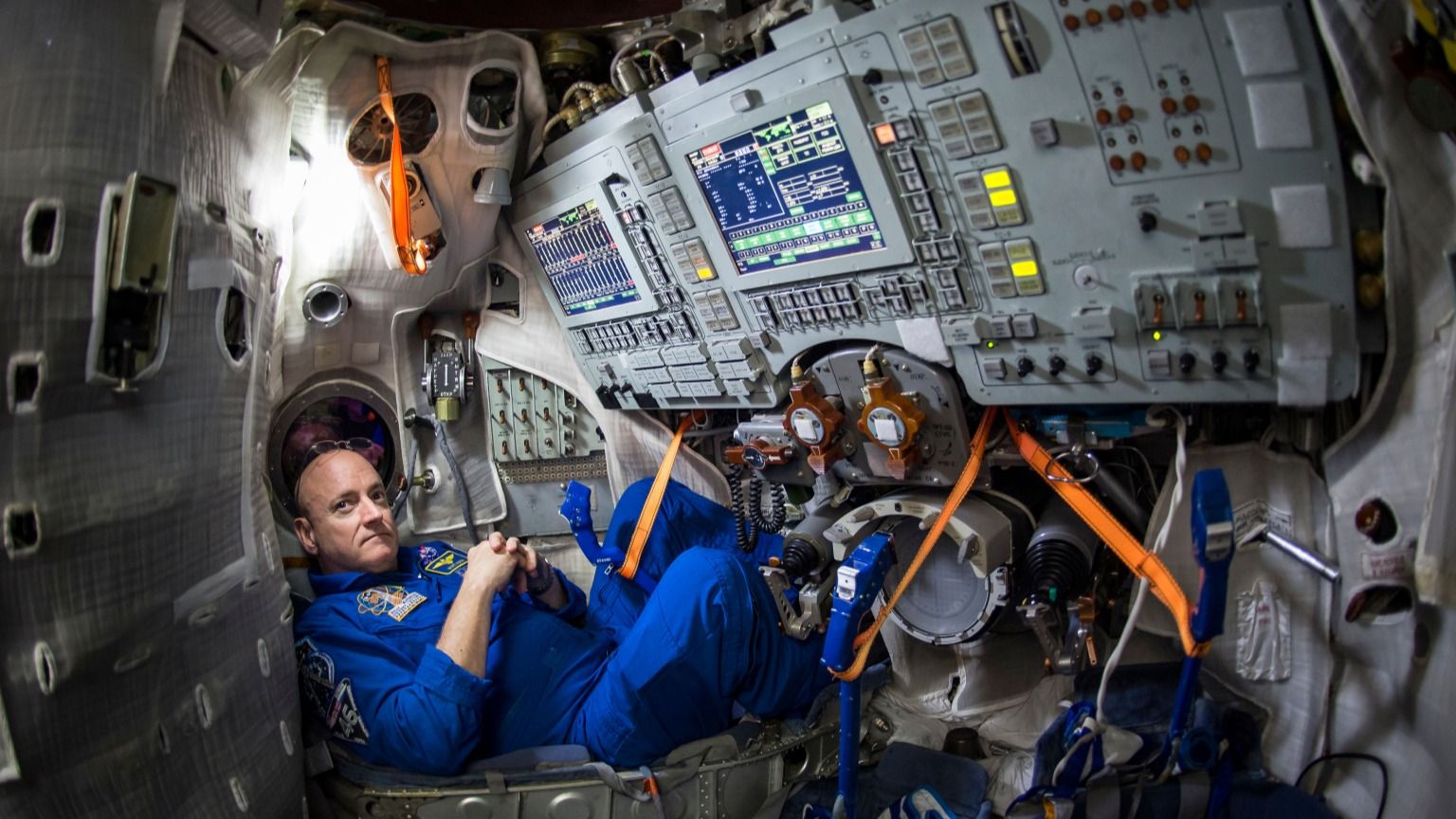As humanity looks to undertake longer space missions, a recent study sheds light on the significant physiological effects of space travel. Researchers at McGill University have revealed worrying findings about how prolonged spaceflight affects gut health and metabolism, potentially compromising astronauts’ well-being.
The study, published in npj Biofilms and Microbiomes, delves into the microcosm of the gut, highlighting changes in the bacteria of mice aboard the International Space Station (ISS) over a three-month period. This international research effort, supported by NASA and other space agencies, used advanced genetic technologies to explore changes in gut microbiota, liver, and gut genes.
The results point to notable alterations in the gut-liver axis, a critical pathway that influences metabolism and immune function. The researchers observed that spaceflight-induced alterations in gut bacteria were linked to changes in liver and gut genes, suggesting possible immune system suppression and metabolic alterations. These findings are crucial as they reveal potential risks such as glucose and lipid dysregulation, which could affect astronauts’ health during prolonged missions.
What did the latest study discover?
“Spaceflight significantly alters astronauts’ bodies, but we still don’t fully understand why,” said lead author Emmanuel Gonzalez, citing media reports. “By integrating genetic and microbiome analyses, we are beginning to identify patterns that could explain these changes and help us develop better protective measures,” he said.
The implications of this research extend beyond current missions, as it offers insights into how to mitigate health risks in future space explorations, including potential human settlements on the Moon and Mars. Understanding how space affects the human body is essential to ensuring the safety and success of these ambitious projects.
As researchers continue to unravel the complexities of the impact of space travel on human physiology, this study represents a significant step toward protecting astronaut health and preparing for the future of space exploration.
Disclaimer:
The information contained in this post is for general information purposes only. We make no representations or warranties of any kind, express or implied, about the completeness, accuracy, reliability, suitability or availability with respect to the website or the information, products, services, or related graphics contained on the post for any purpose.
We respect the intellectual property rights of content creators. If you are the owner of any material featured on our website and have concerns about its use, please contact us. We are committed to addressing any copyright issues promptly and will remove any material within 2 days of receiving a request from the rightful owner.

